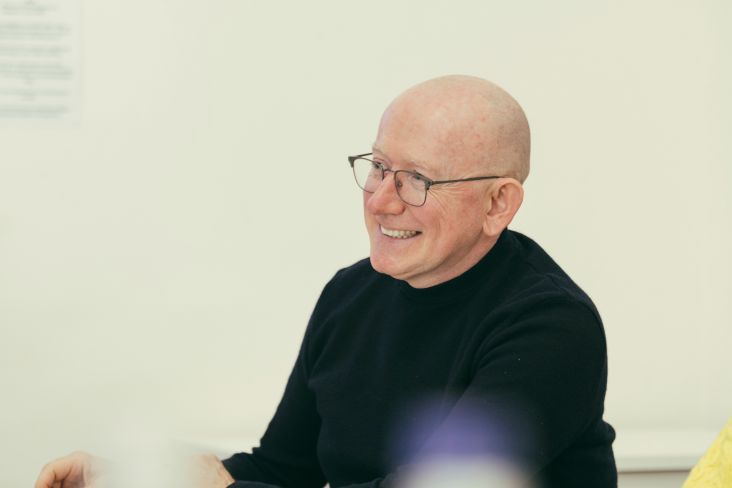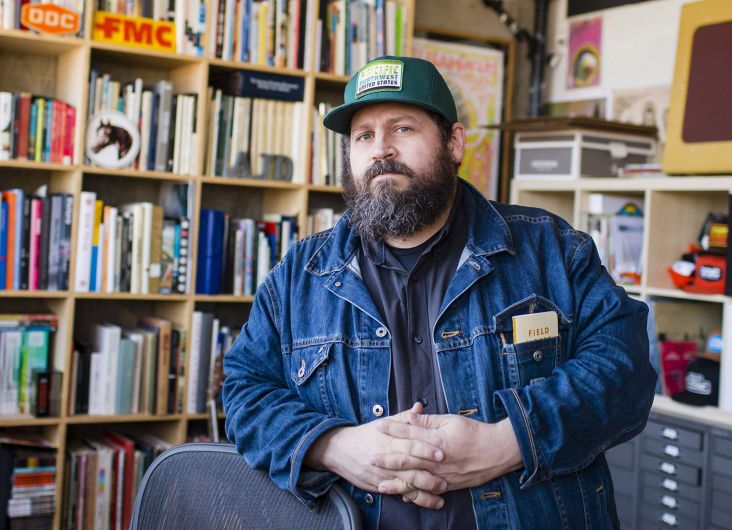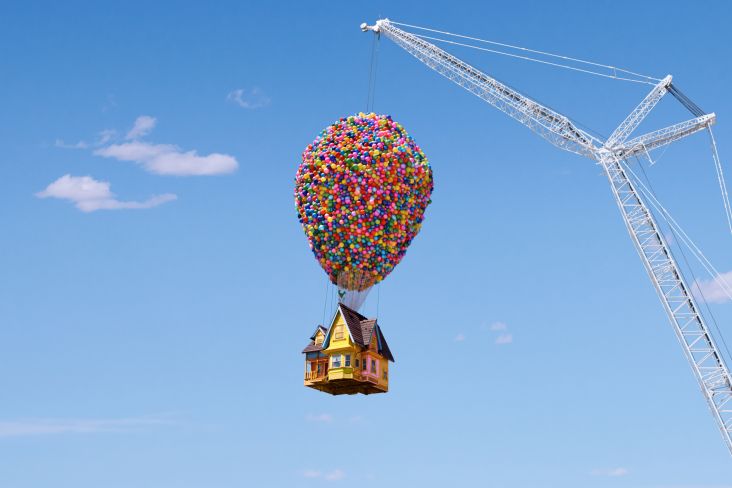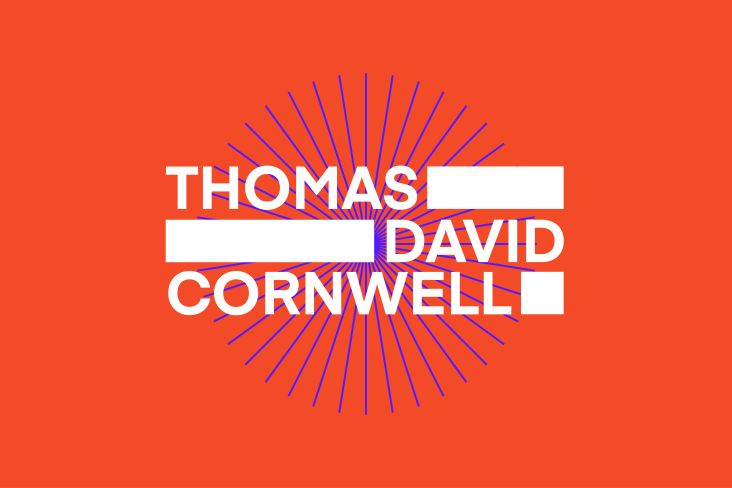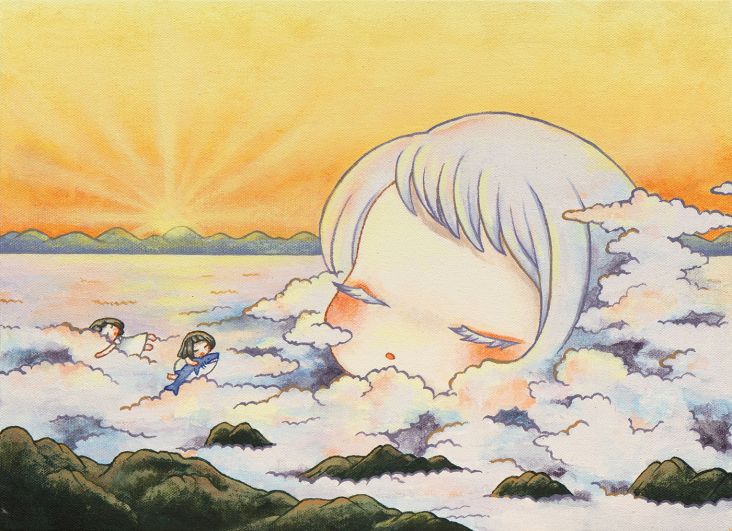Introducing: Chester Forman on why breaking the rules and facing fears helps boost your creative skills
Welcome to Introducing, a new annual feature on Creative Boom where we spotlight creative graduates who are bursting onto the scene. Right now, we're looking at Chester Forman, a fine art photographer who brings together his interest in environmentalism with a keen eye for colour to create powerful and haunting images.
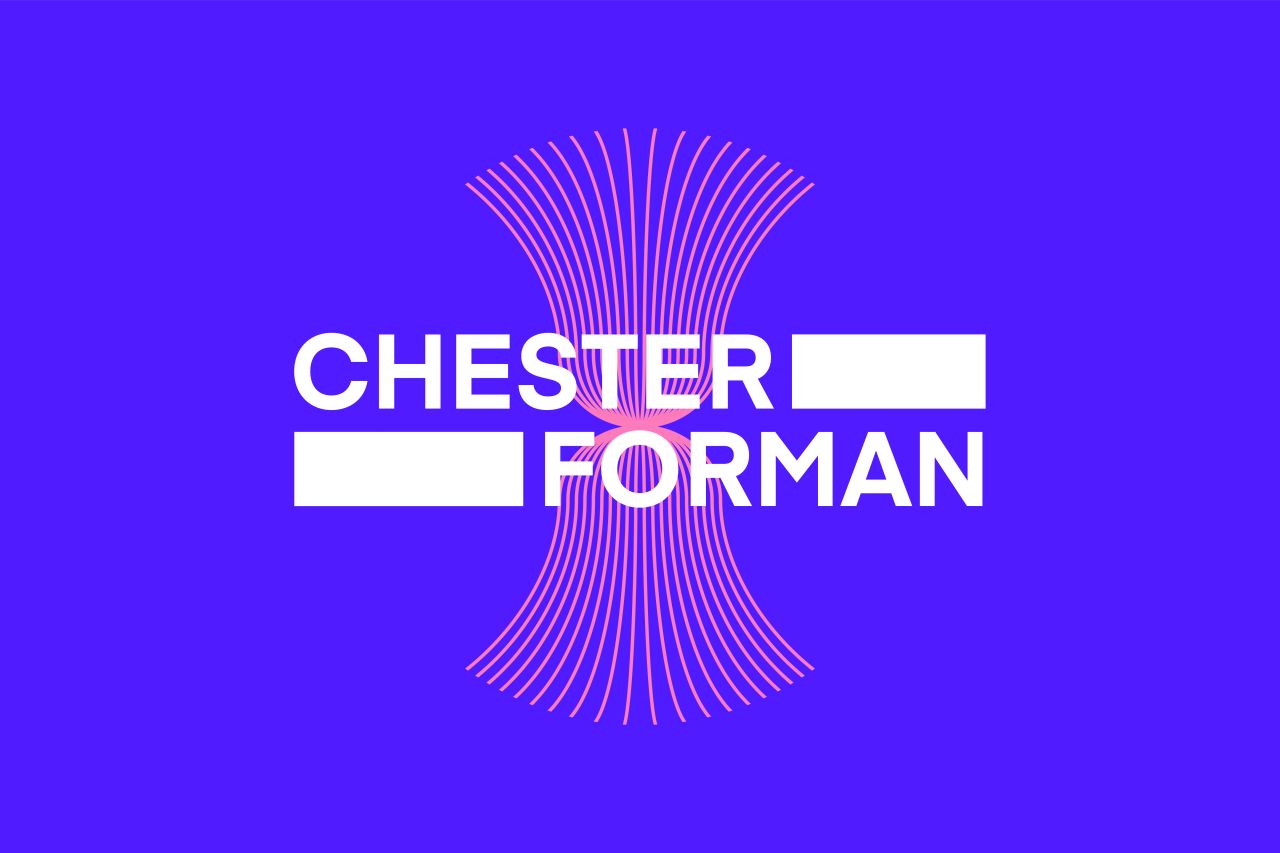
If you've got your finger on the pulse for the latest wave of creative talent to sweep across the country, this is the most exciting time of year. Graduates have been busy putting on their shows, meaning a wealth of creative talent is just waiting to be unearthed.
To help you process all of the incredible creative talent that our universities has to offer, here at Creative Boom, we have sifted through the graduate shows to bring you some excellent highlights. And with 12 creatives set to be featured in this series, there are plenty of inspiring people to discover and celebrate.
Here, we're talking to fine art photographer Chester Forman, who recently graduated from Nottingham Trent University. In this exclusive interview, Chester talks to us about his showcase piece, The Denouement of Power, which is a striking and haunting look at the final stages of the coal industry in British society.
Touching on his introduction to photography, his decision to move away from Cleethorpes, and his advice to other creatives looking to follow in his footsteps, Chester provides an enlightening and relatable account of what it means to pursue creativity in this day and age.
Tell us about your childhood
I grew up in Cleethorpes, a little seaside town on the East coast of England. It was a relatively quiet childhood. I did fairly well in school, and my family always did everything they could to make me happy. However, it wasn't until I moved to Nottingham to go to university that I found my true purpose and place within the UK arts scene.
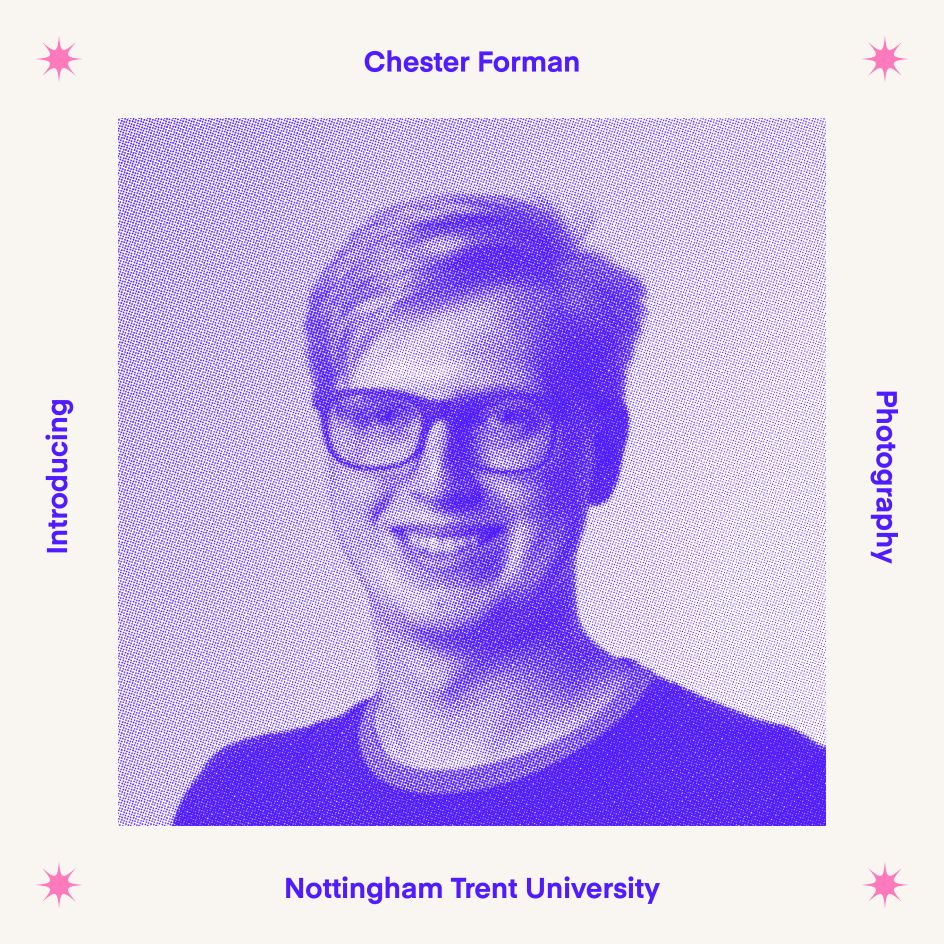
How did you get into your creative discipline?
I found my love for photography at around 15 when my dad gifted me his old DSLR after an upgrade. The concept of creating a photograph for aesthetic reasons was new to me, as before this point, I had only ever used basic point-and-shoot or mobile phone cameras to record memories to look back upon. I began learning to see the world differently through experimentation with the medium. After leaving school, I enrolled to study photography at a local college to see how I could further develop my skills. It introduced me to photography as an artistic medium and directly engaged me with the subject of art.
Why did you choose your course and university?
As I approached the end of my time at the college, I hadn't much of an idea of my next steps. Initially, I never considered university because I was undecided on what I wanted to do for a career and didn't know which course would offer me the most value. However, as I considered my next steps in Cleethorpes, I found an itch to explore what lies beyond the town.
I ultimately decided that pursuing an education in photography at degree level would allow me to further study my passion and experience life within a busy and thriving city. Not wanting to stray too far from home, I applied to several universities around Yorkshire and the Midlands. I eventually settled upon Nottingham Trent University because of their highly regarded photography course.
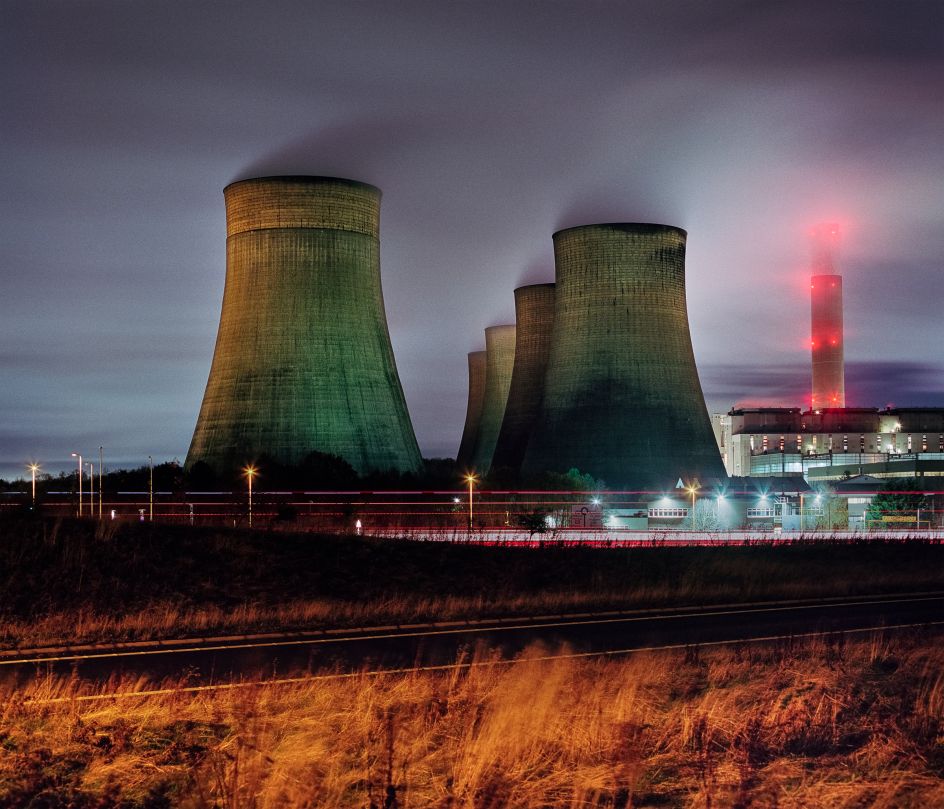
© Chester Forman
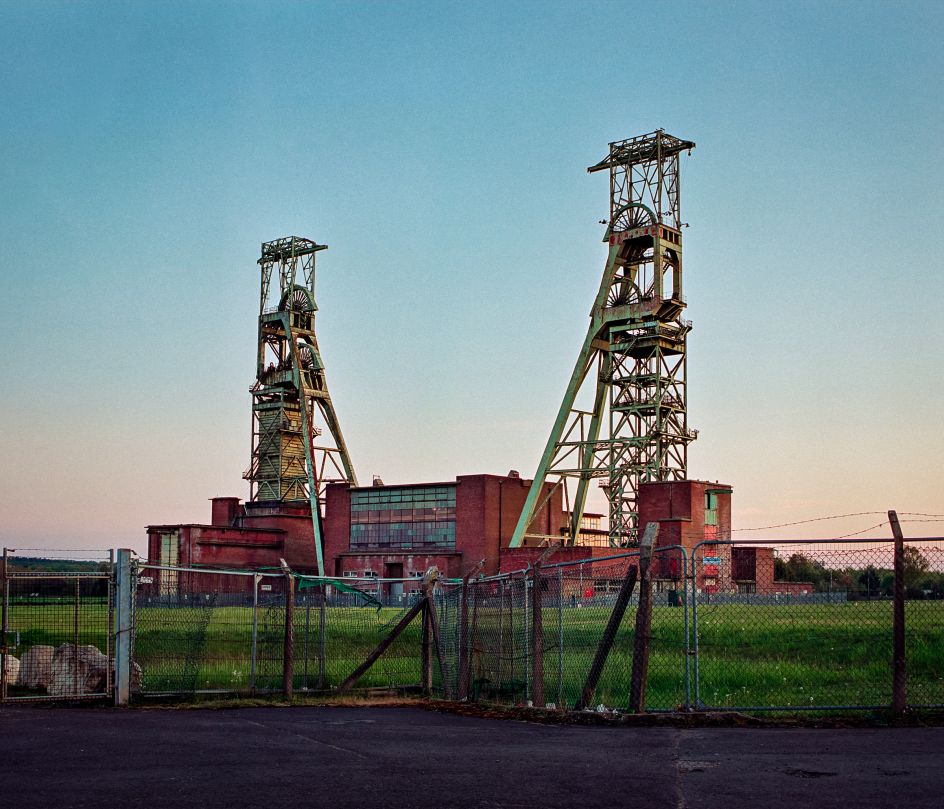
© Chester Forman
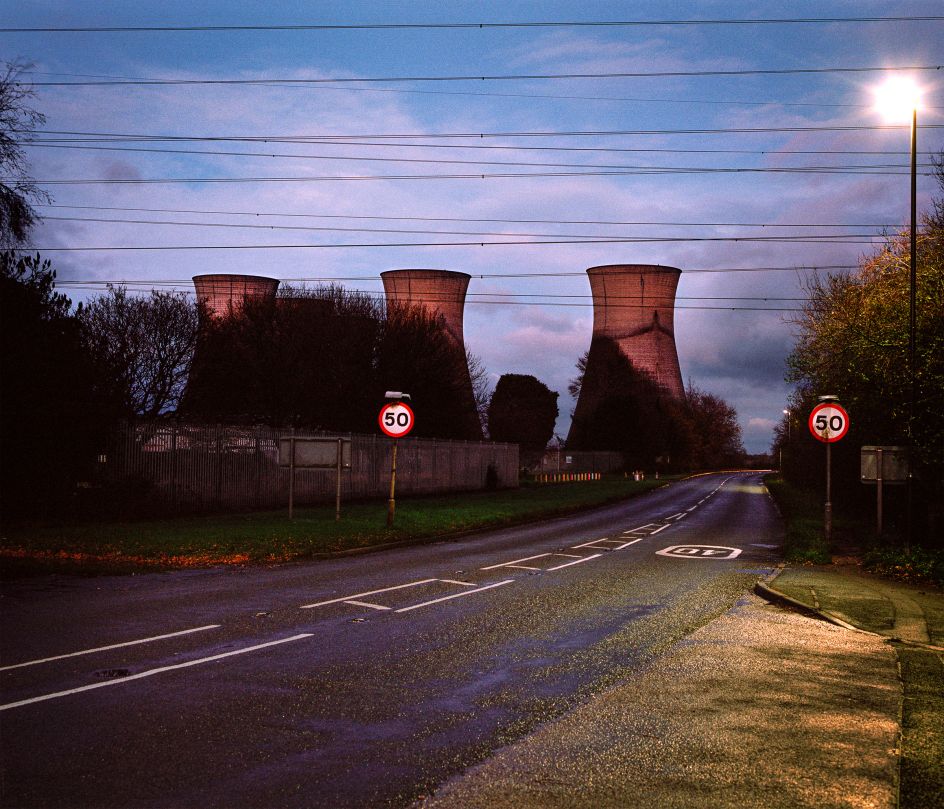
© Chester Forman
What has the experience been like, especially during a global pandemic?
Studying during the pandemic was tough. Like many other artists, I am driven by engaging with the work of creatives around me while receiving their advice and support. Being isolated from this during the pandemic made it a very difficult experience. Still, the support of my tutors and friends at Nottingham Trent proved vital and motivated me to continue my practice and become the person I now am. Particularly over the past year, I feel that the photography department there has gone above and beyond to provide opportunities for us, for which I am incredibly grateful.
You're displaying your work at the graduate show this month. Can you tell us about the project?
My latest project is titled The Denouement of Power, which is about the transition away from coal power here in Britain. In the age of the Anthropocene, society must move towards more sustainable living practices. And I feel that such a seismic shift should be documented visually for future generations to look back upon and to encourage critical analysis of our environmental impact at this present moment.
As our coal infrastructure becomes decommissioned, I find it interesting to see the transformation of such places and structures over time as well as the environmental progress of our society. When the final two coal power stations in Britain (Ratcliffe-on-Soar and West Burton) are closed within the next two years, we will have reached a significant milestone in our pursuit of green power. Questions, though, remain pertinent about how we repurpose these iconic facilities, which is what I intend to explore throughout this ongoing series.
Break the rules and experiment with the medium because you learn a valuable lesson every time, whether the outcome is successful or otherwise.
Can you describe your style in your own words?
The use of colour is one of the primary elements of my work – I find it fascinating how colour can be used to convey meaning and cinematise a photograph. In addition, I find that photographing at night opens a new range of possibilities to invoke the uncanny and visually represent the passage of time through long exposure photography.
Who or what inspires you?
I generally find myself drawn to any work with a strong colour palette. For example, I particularly find the works of Todd Hido interesting because of their ability to visually create a dark and mysterious narrative. During this particular project, I also found the works American Power by Mitch Epstein and Petrochemical America by Richard Misrach to be significant due to their differing approaches to engaging with the subject of power and pollutants through the medium of photography.
What do you hope to do with your career?
In the long term, I intend to continue my practice as a fine art photographer and hope to gradually build a name for myself within the field. However, I would soon like to begin working in commercial photography to diversify my skills further.
How do you feel about graduating in the summer of 2022? What are your hopes?
I'm looking forward to graduating. I've enjoyed my time studying at Nottingham Trent, and graduation will be a positive way to summarise the past three years of study. I'll continue my practice as a photographer and artist because that's what I love doing. I hope to build a career around photography, which I'm excited and optimistic about.
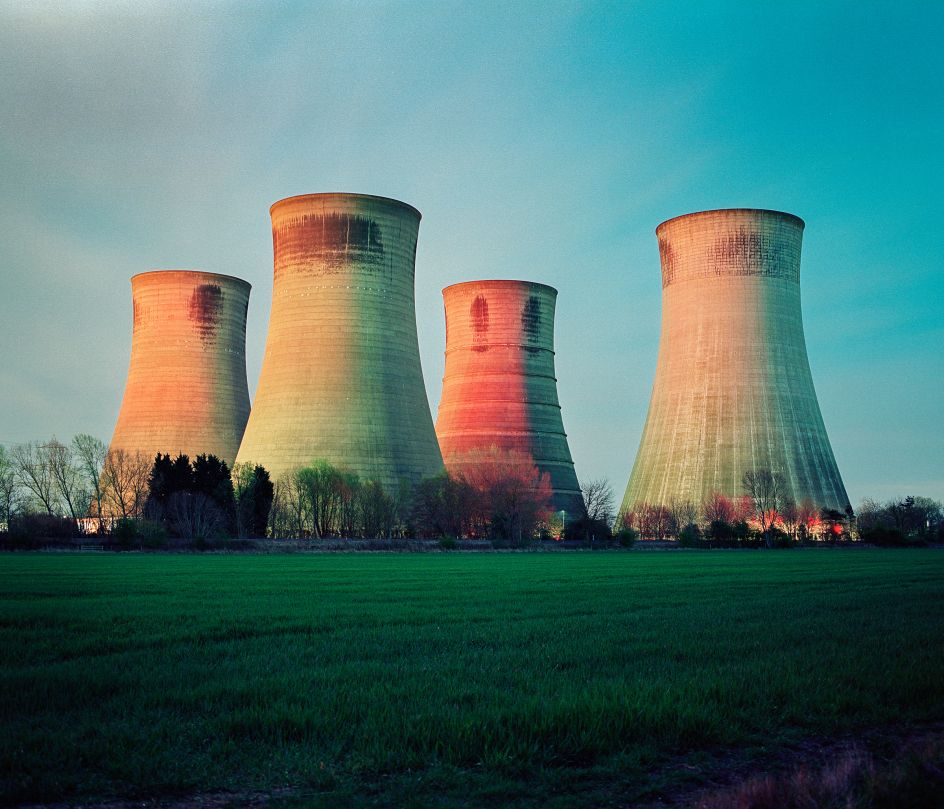
© Chester Forman
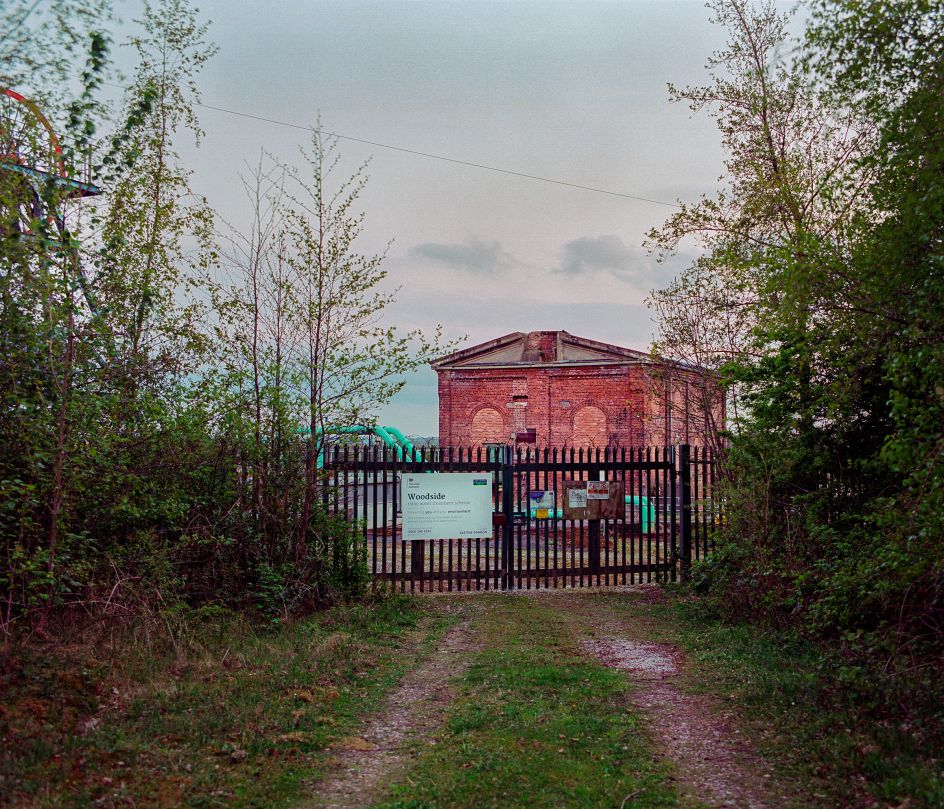
© Chester Forman
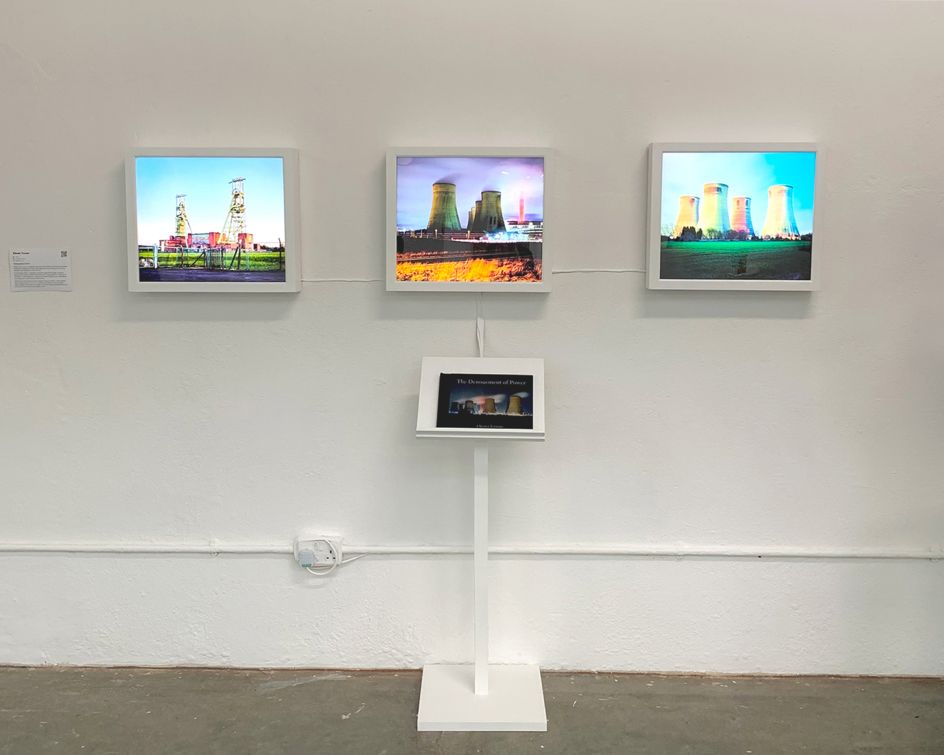
© Chester Forman
And what are your fears?
I'm most concerned about the big jump from education to the professional world. While looking forward to the challenge and trying something new, I feel nervous because it marks a new phase of my life.
What advice would you give to others following you into the industry?
My best piece of advice would be to do what you enjoy, as you will not be driven to create work that you aren't happy with. I would also suggest breaking the rules and experimenting with the medium because you learn a valuable lesson every time, whether the outcome is successful or otherwise.
Another important practice as a photographer is to make physical things. With a modern photography workflow, it's too easy to retain all of your work on a computer screen and never appreciate the materiality of your work. Producing prints, zines and books are some of my favourite ways to evaluate my photographs in relation to each other and determine the next steps for a project.
